
Short Poetry Collection 162
This is a collection of 28 poems read by LibriVox volunteers for November 2016. [chương_files]

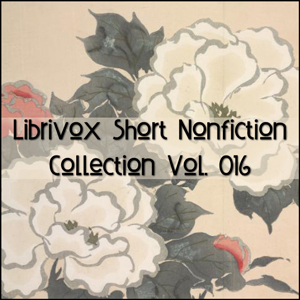




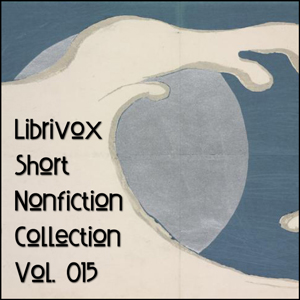


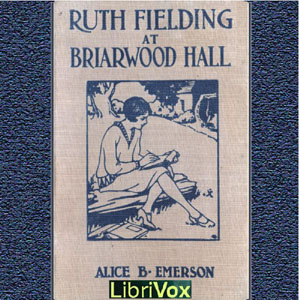

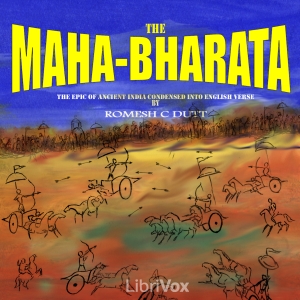

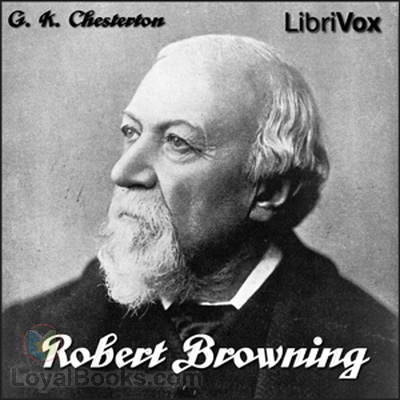

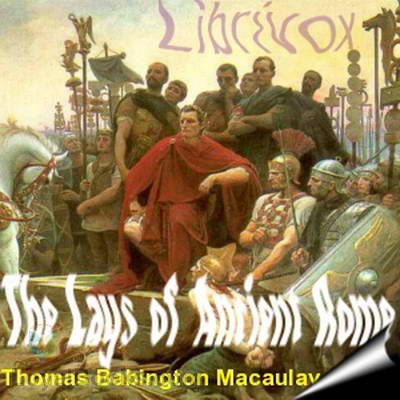
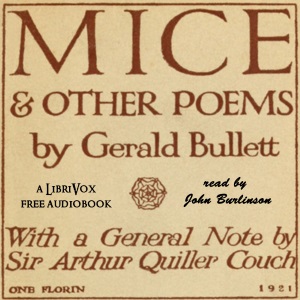




This is a collection of 28 poems read by LibriVox volunteers for November 2016. [chương_files]
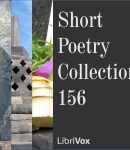
This is a collection of 29 poems read by LibriVox volunteers for May 2016. [chương_files]
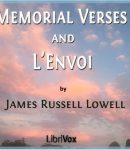
This is the third part of the collected poems of James Russell Lowell, comprising his Memorial Verses and his celebrated poem L’Envoi. – Summary by Carolin [chương_files]
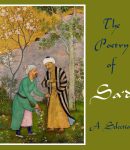
Shaikh Sa’di, also known as Saadi Shirazi, the nightingale of Shiraz, as Jami poetically calls this gifted poet, was born at Shiraz, the capital of Persia, near the end of the twelfth century. By turns, a student, a water-carrier, a traveller, a soldier fighting against the Christians in the Crusades, a prisoner employed to dig trenches before Tripoli. and an honored poet in his protracted old age at home, — his varied and severe experience took away all provincial tone, and gave him a facility of speaking to all conditions. But the commanding reason of his wider popularity is his deeper sense, which, in his treatment, expands the local forms and tints to a cosmopolitan breadth. This dervish wit and linguist the Mohammedans worshipped as a saint, even attributing miracles to him. His body now lies entombed in the valley of Shiraz, and is daily visited by devout pilgrims who say of him, in true Oriental fashion, that he “perforated with the diamond of his soul the precious stones of his experiences, and, after gathering them on the string of eloquence, hung them for a talisman round the neck of posterity.” Among Sa’di’s best known works are the Gulistan, or Rose Garden, and the Bustan, or the Garden of Perfume. The Gulistan is a collection of short pithy stories, based on Sa’di’s own varied experiences, and read, it is said, from the middle of China to the extreme corners of Africa, forming as it does the basis of instruction in […]

_Dear Land of Flowers, forgive me! — that I took These snatches from thy glittering wealth of song, And twisted to the uses of a book Strains that to alien harps can na’er belong. Thy gems shine purer in their native bed Concealed, beyond the pry of vulgar eyes; And there, through labyrinths of language led, The patient student grasps the glowing prize. Yet many, in their race toward other goals, May joy to feel, albeit at second-hand, Some far faint heart-throb of poetic souls Whose breath makes incense in the flowery Land. Introductory poem by H.A.G._ [chương_files]

A short volume of poetry for children. All the selected poems were written by an unknown author. – Summary by Rachel [chương_files]

Susan Coolidge was the pen name of Sarah Chauncey Woolsey, who is best known for her What Katy Did series. This is the second of three volumes of her verse. (Summary by Rachel) [chương_files]
As the title reveals, these stories are a collection of some of Mark Twain’s more fanciful and eccentric works. They run the gamut from political commentary to our species’ need to “be remembered” somehow. Taken as a whole the stories are “whimsical”. Taken individually, they speak the truth in different ways. (Introduction by John Greenman) [chương_files]
This book contains a critical essay on Shakespeare by Leo Tolstoy. It is followed by another essay named “Shakespeare’s attitude to the working classes” by Ernest Crosby and extracts of a letter by George Bernard Shaw. [chương_files]

Lydia Maria Child, an American abolitionist, compiled this collection of short stories and poems by former slaves and noted activists as an inspiration to freed slaves. In her dedication to the freedmen, she urges those who can read to read these stories aloud to others to share the strength, courage and accomplishments of colored men and women. In that spirit, this recording aims to gives that voice a permanent record. As in the original text, the names of the colored authors are marked with an “x”. [chương_files]
Copyright © 2024 | FreeAudible